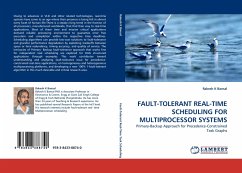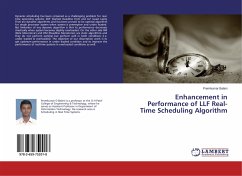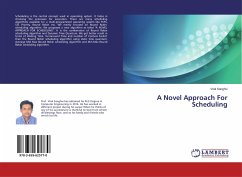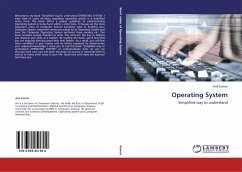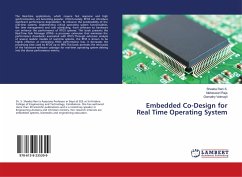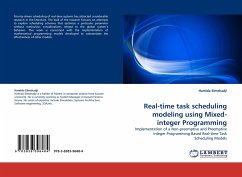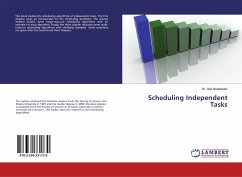Hierarchical scheduling provides predictable timing and temporal isolation; two properties desirable in real-time embedded systems. In hierarchically scheduled systems, subsystems should receive a sufficient amount of CPU resources in order to be able to guarantee timing constraints of its internal parts (tasks). In static systems, an exact amount of CPU resource can be allocated to a subsystem. However, in dynamic systems, where execution times of tasks vary considerably during run-time, it is desirable to give a dynamic portion of the CPU given the current load situation. In this thesis we present a feedback control approach for adapting the amount of CPU resource that is allocated to subsystems during run-time such that each subsystem receives sufficient resources while keeping the number of deadline violations to a minimum. We also show some example simulations where the controller adapts the budget of a subsystems.
Bitte wählen Sie Ihr Anliegen aus.
Rechnungen
Retourenschein anfordern
Bestellstatus
Storno


